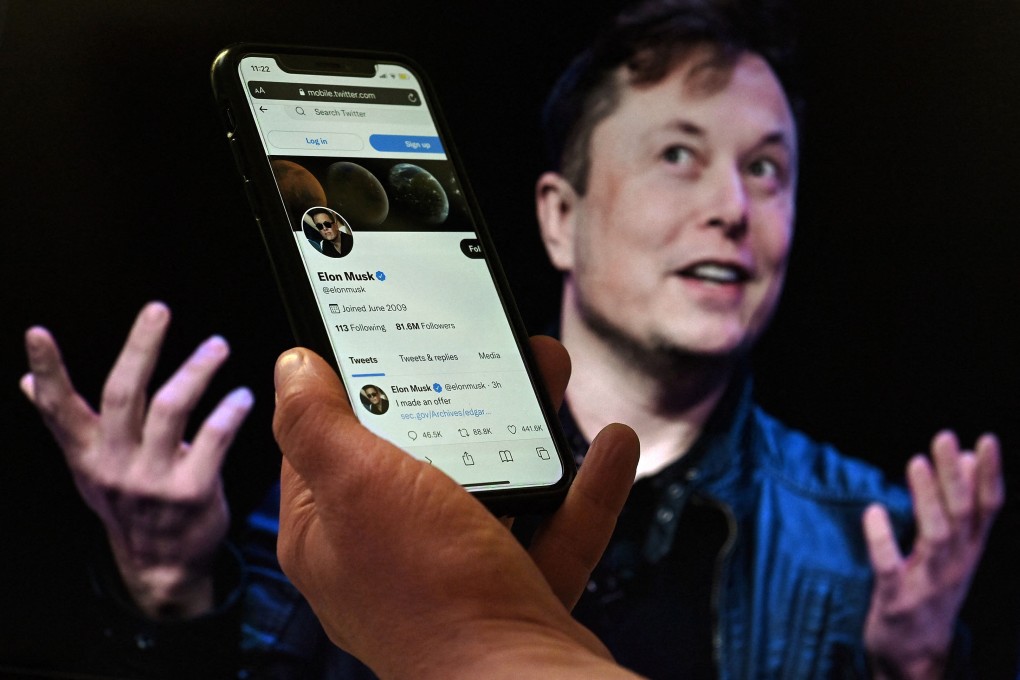Twitter’s journalist bans invite comparisons to censorship on WeChat, the super app Elon Musk wants to emulate
- The suspension of journalist accounts over mentions of the private jet-tracking account @ElonJet is inviting unflattering comparisons to Chinese social media
- Musk has said previously that he would like to turn Twitter into a super app like Tencent’s WeChat

“So Twitter is WeChat now,” Sam Crane, who teaches Chinese politics at Williams College, wrote on Twitter.
A controversy over censorship on Twitter ignited after the platform suspended the accounts of more than half a dozen journalists on the grounds of sharing Musk’s real-time location. Some of the journalists had posted about Twitter’s response to the @ElonJet account, which was suspended for republishing public location data about Musk’s private jet.
“Suspending several accounts that may damage a persons life is far from what WeChat do,” another person wrote on Twitter in response to Crane. “My WeChat account was banned multiple times just for sharing Covid infos.”
The suspensions have faced pushback from government officials, advocacy groups and news organisations. Most of the suspensions have already been reversed, but the offending tweets mentioning @ElonJet were no longer accessible.
Twitter did not immediately respond to a request for comment on Saturday.